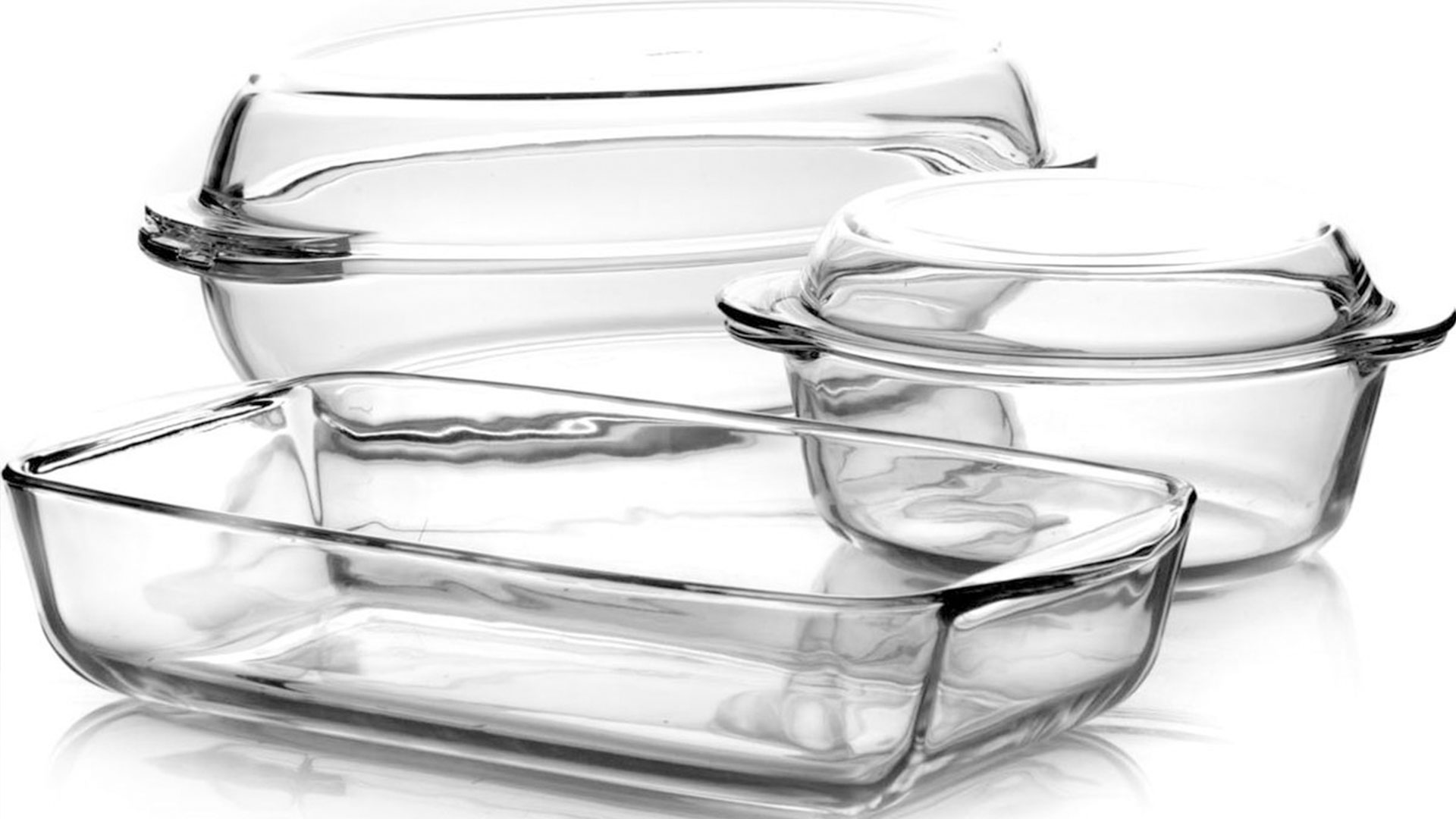Borcam That Brings Life To Our Lives
You are going on a sudden visit and do not have time to buy a gift. You do not want to take fruit, vegetables, chocolate; You want to give a gift that will be used for many years. If you haven't been in this situation yet, let's give you some ideas to be procured. Take a look at your kitchen and feel the top of your kitchen cabinets. You will see a splayed box with a little dust on it. Run a wet cloth over it and it's ok; your gift is ready! Yes, we are talking about debt. Someone gifted you my debt, and now it's your turn! It is debatable whether it is ethical to gift a gift; but it always saves lives!
.jpg)
Borosilicate glass contains 4 percent boron, 54 percent oxygen, 2.8 percent sodium, 1.1 percent aluminum, 37.7 percent silicon and 0.3 percent potassium. The fact that it contains 37.7 percent silicone is actually a good indication that we should look for the success of the formula in plastic. German scientist Otto Schott first developed borosilicate glass in the 1880s, but this was mostly used to make products for industrial and scientific environments such as laboratory glass. Its resistance to chemical reactions and acids made borosilicate the preferred choice. A company called Corning developed its own formula in 1908 and sold it mostly to railroad companies for signal beacons. However, the main goal of the company was to turn borosilicate into household consumables. Over time, this has been achieved and boron, which we generally know as borcam in Turkey, has become indispensable over time.
.jpg)
The use of borcam is quite common in our country. So much so that it is possible to reach my debt in all four corners of the country, from the most luxurious house to the humble village house. So why is my debt so successful? What does it owe its popularity to? Let's answer right away; that it can be used in every corner of the kitchen. Glass pots and pans made of borosilicate, which we know as Borcam, can be used in cooking at very high temperatures because they are resistant to high temperatures. For this reason, pyrex oven dishes are unique because they do not have a modal that can withstand the temperatures of the oven. Borosilicate glass glasses are suitable for daily use as they are more resistant to breakage and cracking than normal glass. Again, borosilicate glass jars are very suitable for use in making preserves, jams and similar sauces, as they are resistant to high temperatures; they protect you from unwanted nasty surprises. However, the wear-resistant nature of borosilicate makes them usable for many years. Maybe that's why we gift our debts, because my debt never gets old!
Borosilicate glass utensils are generally low cost and long lasting. Therefore, it is a viable option for use in the kitchen. Even if we don't think about it, there are a significant amount of plastic components in my pyrex glasses. In fact, we have to ask the following question: Is there any product in our life that plastic somehow does not touch?



